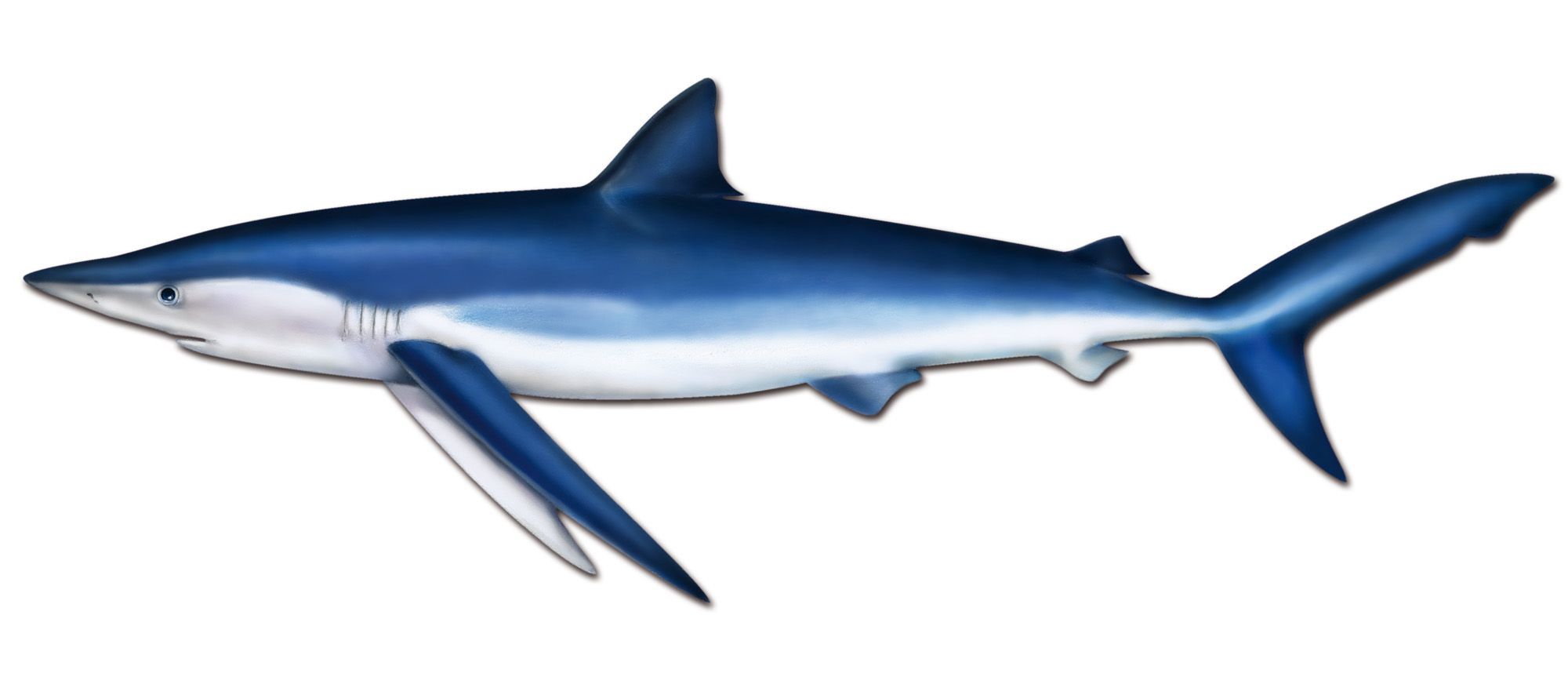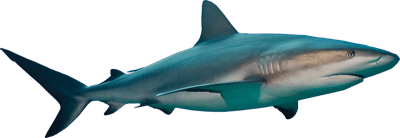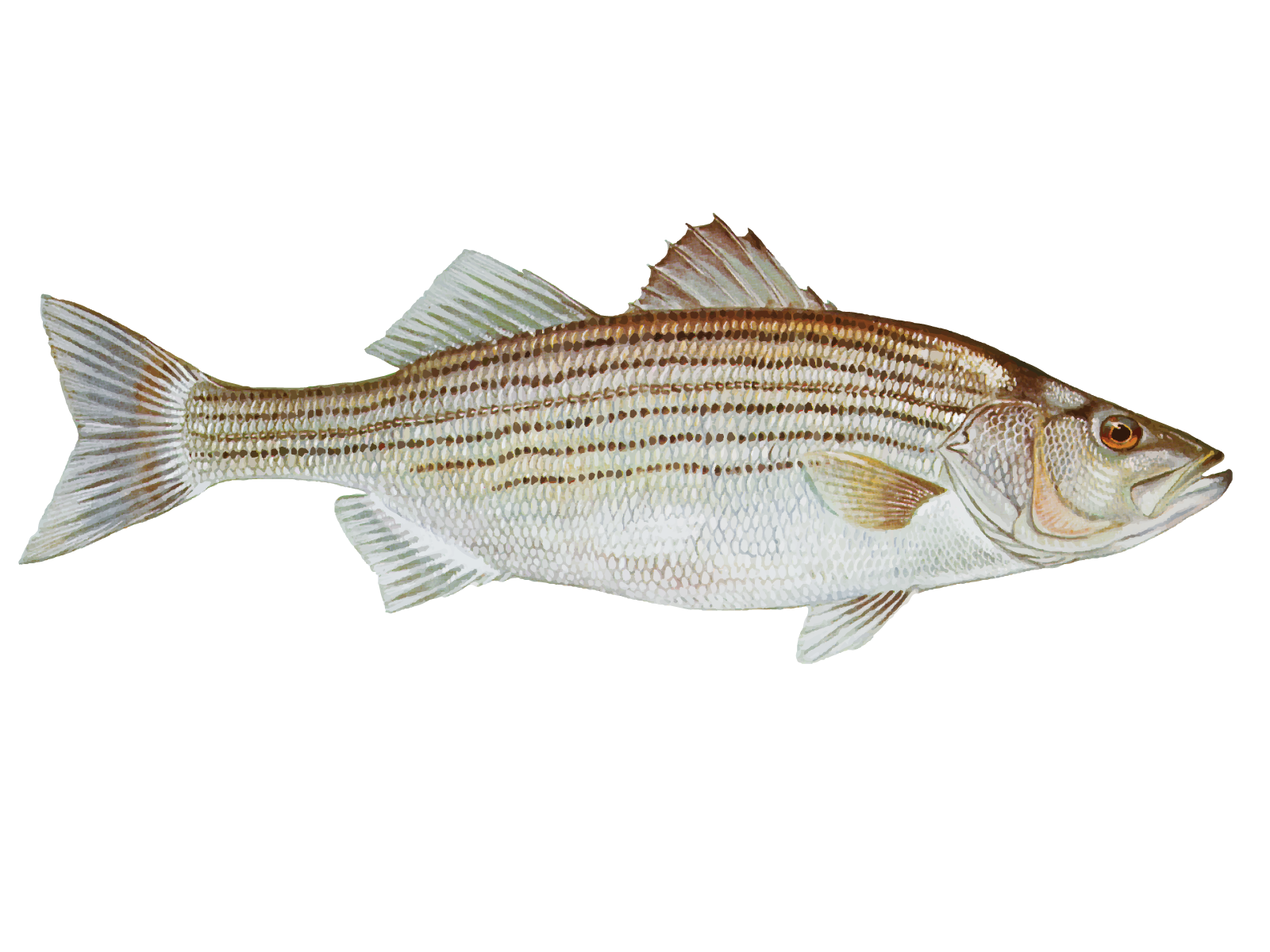//users/15c566b8-4f13-49b4-955b-8fe3b6ae9388/ratecard/polaris01.jpg)
%2Ffit-in%2F300x300%2Fusers%2F15c566b8-4f13-49b4-955b-8fe3b6ae9388%2Fratecard%2Fpolaris01.jpg&w=256&q=75)
%2F300x300%2Fusers%2F15c566b8-4f13-49b4-955b-8fe3b6ae9388%2Fimages%2Fstriped-bass-catch-ma-2663.jpg&w=256&q=75)
%2F300x300%2Fusers%2F15c566b8-4f13-49b4-955b-8fe3b6ae9388%2Fimages%2Fthree-striped-bass-fishing-ma-2525.jpg&w=256&q=75)
%2F300x300%2Fusers%2F15c566b8-4f13-49b4-955b-8fe3b6ae9388%2Fimages%2Fstriped-bass-newburyport-catch-2584.jpg&w=256&q=75)
%2F300x300%2Fusers%2F15c566b8-4f13-49b4-955b-8fe3b6ae9388%2Fimages%2Fstriped-bass-newburyport-2449.jpg&w=256&q=75)
%2F300x300%2Fusers%2F15c566b8-4f13-49b4-955b-8fe3b6ae9388%2Fimages%2Fstriped-bass-newburyport-fishing-2448.jpg&w=256&q=75)
%2F300x300%2Fusers%2F15c566b8-4f13-49b4-955b-8fe3b6ae9388%2Fimages%2Fstriped-bass-fishing-ma-2488.jpg&w=256&q=75)
%2F300x300%2Fusers%2F15c566b8-4f13-49b4-955b-8fe3b6ae9388%2Fimages%2Ftwo-striped-bass-newburyport-2544.jpg&w=256&q=75)
%2F300x300%2Fusers%2F15c566b8-4f13-49b4-955b-8fe3b6ae9388%2Fimages%2Fstriped-bass-newburyport-2497.jpg&w=256&q=75)
%2F300x300%2Fusers%2F15c566b8-4f13-49b4-955b-8fe3b6ae9388%2Fimages%2Fnewburyport-fishing-trip-2306.jpg&w=256&q=75)
%2F300x300%2Fusers%2F15c566b8-4f13-49b4-955b-8fe3b6ae9388%2Fimages%2Ffishing-adventure-ma-2412.jpg&w=256&q=75)
Expert-Guided Offshore Fishing in Newburyport
What you will be catching:
 Blue Shark
Blue Shark Haddock
Haddock Shortfin Mako Shark
Shortfin Mako Shark Striped Bass
Striped Bass Thresher Shark
Thresher Shark
- 8-hour offshore fishing adventure targeting snapper and grouper species
- All equipment provided with maximum capacity of 4 guests per trip
- Expert captain guidance with non-refundable deposit policy required
Trip Pricing and Availabilities :
Trip pricing information is temporarily unavailable.
Reel in Trophy Fish off Newburyport's Coast
Ready for some serious offshore action? Hop aboard with Capt. Jim for an 8-hour fishing adventure you won't forget. Whether you're a seasoned angler or just getting your sea legs, this trip's got something for everyone. We're talking the chance to battle big game fish like striped bass, haddock, and even sharks – the kind of catches that'll have you grinning from ear to ear. With all the gear provided, you just need to bring your A-game (and maybe some snacks). Let's get out there and see what's biting!
What to Expect on the Water
Picture this: You're cruising out of Newburyport harbor as the sun's coming up, salt spray in your face, and the anticipation building. Capt. Jim knows these waters like the back of his hand, so you're in for a treat. We'll hit some primo fishing spots where the big ones like to hang out. You might be jigging for haddock one minute, then battling a striped bass the next. And if we're really lucky, we might tangle with a shark – now that's a story for the grandkids! Don't worry if you're new to this; we'll show you the ropes and have you fishing like a pro in no time. Just remember, the ocean's got a mind of its own, so flexibility is key. Oh, and fair warning – fishing can be addictive, especially when you're hauling in keepers left and right!
Techniques & Tackle Talk
We don't mess around when it comes to gear. You'll be using top-notch rods and reels that can handle whatever the Atlantic throws at us. Depending on what we're after, we might be doing some trolling, jigging, or even some good old-fashioned bottom fishing. For stripers, we often use live bait or chunking methods – nothing beats a fresh piece of mackerel or bunker to get them biting. When we're after haddock, it's all about finding the right structure and using specialized jigs. And if we're shark fishing? That's when the heavy tackle comes out. We'll set up a chum slick and use big baits to attract those toothy predators. Don't sweat it if you're not sure how to use something – Capt. Jim's always happy to show you the ropes and share some local tricks of the trade.
Top Catches This Season
Let me tell you, the fishing's been on fire lately. We've had folks leaving the dock with coolers full of tasty haddock fillets, perfect for a fish fry back home. Striped bass have been putting up a hell of a fight too – just last week, one of our guests landed a 40-pounder that had everyone on board cheering. And for the thrill-seekers, we've been getting into some serious shark action. Nothing gets your heart pumping like seeing a mako or blue shark circling the boat. Of course, every trip's different, but that's the beauty of fishing – you never know what you're gonna reel in next!
Species You'll Want to Hook
Striped Bass: These guys are the rock stars of the Northeast coast. Known for their distinctive horizontal stripes, stripers can grow over 50 pounds and put up one heck of a fight. They start showing up in spring and stick around through fall, with peak season usually in June and July. Anglers love 'em because they're not only fun to catch but also delicious on the grill.
Haddock: Don't let their modest size fool you – haddock are prized for their flaky white meat and mild flavor. These bottom-dwellers are most abundant in spring and fall, and they're a blast to catch when you find a school. They typically range from 2-5 pounds, but bigger ones aren't uncommon. The best part? There's no better fish for classic New England fish and chips.
Shortfin Mako Shark: Now we're talking big game! Makos are the speedsters of the shark world, known to leap clear out of the water when hooked. They're usually around in the warmer months, from late spring to early fall. Landing one of these bad boys is a true test of skill and endurance – they can weigh hundreds of pounds and fight like crazy.
Blue Shark: These sleek predators are a common sight in our offshore waters. Blues are known for their acrobatic displays and can give you a real run for your money. They start showing up in late spring and hang around until fall. While they're not typically kept for eating, catch-and-release fishing for blues is an adrenaline rush like no other.
Thresher Shark: With their distinctive long tail fin, threshers are a unique catch. They use that tail like a whip to stun their prey – pretty cool, right? We usually see them from late spring through fall. They can grow over 500 pounds, so hooking one is like hooking a submarine. It's a battle you won't soon forget!
Time to Book Your Spot
Look, I could go on all day about the fish we catch and the good times we have out there, but nothing beats experiencing it for yourself. Whether you're dreaming of that trophy striper, want to fill the freezer with haddock, or are itching to test your mettle against a shark, we've got you covered. Capt. Jim's been doing this for years, and he knows how to put you on the fish. Just remember, these trips tend to fill up fast, especially during peak season. So if you're ready for some real offshore action, don't wait around. Grab your spot now, and let's make some fishing memories that'll last a lifetime. Trust me, once you feel that first big hit on your line, you'll be hooked – pun absolutely intended!
Learn more about the species
Blue Shark
Blue sharks are beautiful creatures, deep blue on top fading to white underneath. They typically run 7-10 feet long and can weigh up to 400 pounds. You'll find them in open water, usually in the top 350 feet but they can go much deeper. They prefer cooler water around 55-70°F. Summer and early fall are best for catching blues. Anglers love them for their acrobatic fights - they'll often jump and spin when hooked. To catch one, drift fishing with chum is your best bet. Use a chum slick of ground-up fish like mackerel or herring. Keep your bait at least 20 feet from the boat - these guys can jump on board if you're not careful. Blues are curious by nature, so once they find your chum, they'll investigate.

Haddock
Haddock are bottom-dwellers that prefer cold, deep waters. Most run 2-7 pounds and 14-30 inches long. You'll find them over sandy or gravelly bottoms, usually in 100-300 foot depths. Spring's the hot season, when they move to shallower waters to spawn. Anglers prize haddock for their flaky white meat and mild flavor. They're not the hardest fighters, but can still give you a decent tussle. For best results, use fresh clams or sea worms on a simple two-hook rig. Keep your bait close to the bottom and fish vertically. A local trick: if you're catching lots of cod, move to a different spot. Haddock tend to school separately from their cod cousins.

Shortfin Mako Shark
Shortfin makos are the speed demons of the shark world, known to hit 30 mph or more. They average 6-8 feet long and 130-300 pounds, but can get much bigger. You'll find them in open water, often near the surface but they'll dive deep too. Summer's prime time when they follow the warm water north. Anglers target makos for their incredible jumps and powerful fights - they're known to leap 20 feet out of the water. Their meat's pretty good eating too. To land one, use heavy tackle - at least 50 lb class. Chumming with ground mackerel and tuna works well. A word of caution: these sharks are smart and aggressive. Be ready for a long, tough battle if you hook one.

Striped Bass
Striped bass are a favorite target around here, typically running 20-40 pounds but can get up to 70. You'll find them along the coast, often near structures like reefs or drop-offs. They're structure-oriented, so look for them around physical features. Spring and fall are prime seasons as they migrate. Anglers love stripers for their strong fights and excellent eating. To boost your chances, try live bait like herring or mackerel. Use rods 8-14 feet long with braided line that can handle their power. Early morning or evening are best times to cast. Remember, they're picky eaters, so matching your bait to what they're feeding on is key. With some patience, you might just land yourself a trophy striper.

Thresher Shark
Thresher sharks are a sight to behold with that long, whip-like tail - often as long as their body. They average about 16 feet total length and 500 pounds, but can get bigger. You'll find them in open water, usually 40-50 miles offshore in depths up to 2000 feet. They like water temps around 60-70°F. Late spring to fall is prime time in our area. Anglers prize threshers for their powerful fights and good eating. To catch one, try trolling with large lures or bait like mackerel. Set your lure to run 25-50 feet deep and troll slowly at 2-4 knots. Look for bait balls - threshers use that tail to stun fish in schools. Use heavy tackle - these guys are strong. And be patient - hooking a thresher is rare, but well worth the wait.

About the Center console
%2F%2Fusers%2F15c566b8-4f13-49b4-955b-8fe3b6ae9388%2Fboat_picture%2Fimg_3582.png&w=1200&q=75)
Vehicle Guest Capacity: 4
Manufacturer Name: Yamaha
Maximum Cruising Speed: 40
Number of Engines: 1
Horsepower per Engine: 150
%2Ffit-in%2F250x250%2Fguide_websites%2F1112%2Fimages%2F1719900896313309480256_462437419254790_8456327792567432327_n-removebg-preview.png&w=1200&q=100)


%2Ffilters%3Aformat(webp)%2Fusers%2F15c566b8-4f13-49b4-955b-8fe3b6ae9388%2Fimages%2Ftwo-striped-bass-newburyport-2544.jpg&w=768&q=75)
%2Ffilters%3Aformat(webp)%2Fusers%2F15c566b8-4f13-49b4-955b-8fe3b6ae9388%2Fimages%2Fstriped-bass-newburyport-2497.jpg&w=768&q=75)
%2Ffilters%3Aformat(webp)%2Fusers%2F15c566b8-4f13-49b4-955b-8fe3b6ae9388%2Fimages%2Fnewburyport-fishing-trip-2306.jpg&w=768&q=75)
%2Ffilters%3Aformat(webp)%2Fusers%2F15c566b8-4f13-49b4-955b-8fe3b6ae9388%2Fimages%2Ffishing-adventure-ma-2412.jpg&w=768&q=75)
%2Ffilters%3Aformat(webp)%2Fusers%2F15c566b8-4f13-49b4-955b-8fe3b6ae9388%2Fimages%2Fstriped-bass-catch-ma-2663.jpg&w=768&q=75)
%2Ffilters%3Aformat(webp)%2Fusers%2F15c566b8-4f13-49b4-955b-8fe3b6ae9388%2Fimages%2Fthree-striped-bass-fishing-ma-2525.jpg&w=768&q=75)
%2Ffilters%3Aformat(webp)%2Fusers%2F15c566b8-4f13-49b4-955b-8fe3b6ae9388%2Fimages%2Fstriped-bass-newburyport-catch-2584.jpg&w=768&q=75)
%2Ffilters%3Aformat(webp)%2Fusers%2F15c566b8-4f13-49b4-955b-8fe3b6ae9388%2Fimages%2Fstriped-bass-newburyport-2449.jpg&w=768&q=75)
%2Ffilters%3Aformat(webp)%2Fusers%2F15c566b8-4f13-49b4-955b-8fe3b6ae9388%2Fimages%2Fstriped-bass-newburyport-fishing-2448.jpg&w=768&q=75)
%2Ffilters%3Aformat(webp)%2Fusers%2F15c566b8-4f13-49b4-955b-8fe3b6ae9388%2Fimages%2Fstriped-bass-fishing-ma-2488.jpg&w=768&q=75)
